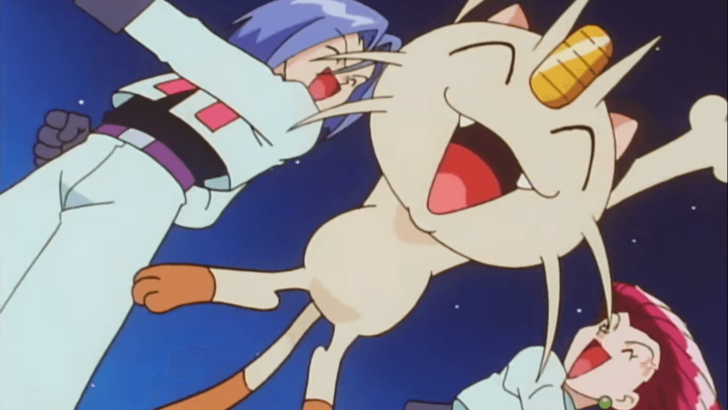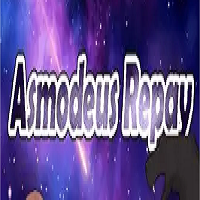
The Pokémon Company Secures $15 Million Win in Copyright Infringement Case
A Chinese court has ruled in favor of The Pokémon Company in a significant copyright infringement lawsuit. The ruling awards the company $15 million in damages from several Chinese firms accused of creating a blatant copy of the popular Pokémon franchise. The defendants, who developed the mobile RPG "Pokémon Monster Reissue," were found guilty of replicating Pokémon characters, creatures, and core gameplay mechanics.
The lawsuit, filed in December 2021, highlighted the striking similarities between "Pokémon Monster Reissue" and the genuine Pokémon series. The game's icon featured artwork closely resembling Pikachu from Pokémon Yellow, while advertisements prominently displayed characters like Pikachu, Ash Ketchum, Oshawott, and Tepig, with minimal alterations. Gameplay footage further revealed characters like Rosa from Pokémon Black and White 2 and Charmander, emphasizing the extent of the infringement.
While the Pokémon franchise doesn't claim exclusive rights to the monster-catching genre, the court determined that "Pokémon Monster Reissue" went beyond mere inspiration, constituting outright plagiarism. Initially, The Pokémon Company sought $72.5 million in damages, along with public apologies and a cessation of the game's development, distribution, and promotion.
The Shenzhen Intermediate People’s Court's decision, while less than the initial demand, delivers a strong message regarding intellectual property protection. Three of the six defendant companies are reportedly appealing the verdict. The Pokémon Company has reaffirmed its commitment to protecting its intellectual property to ensure fans worldwide can enjoy Pokémon content without infringement concerns.
Addressing Past Criticisms Regarding Fan Projects
The Pokémon Company has previously faced criticism for its actions against fan-made projects. However, Don McGowan, a former Chief Legal Officer, clarified the company's approach in a recent interview. He stated that The Pokémon Company doesn't proactively seek out fan projects but intervenes when projects gain significant traction, such as through crowdfunding campaigns. He emphasized that the company typically learns of fan projects through media coverage or direct discovery. Despite this policy, the company has issued takedown notices for some smaller-scale fan projects in the past. This underscores the balance The Pokémon Company seeks to maintain between protecting its intellectual property and acknowledging the contributions of its passionate fanbase.















